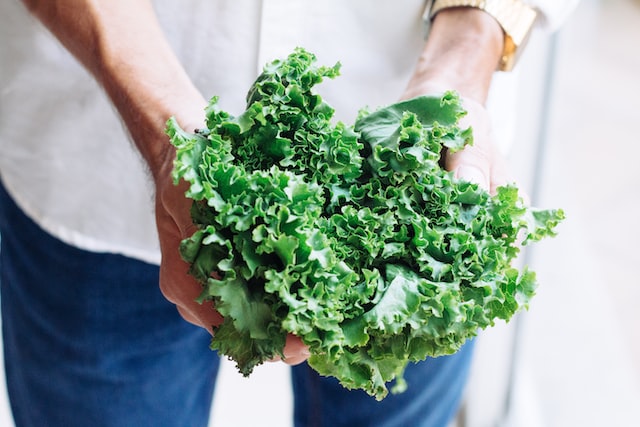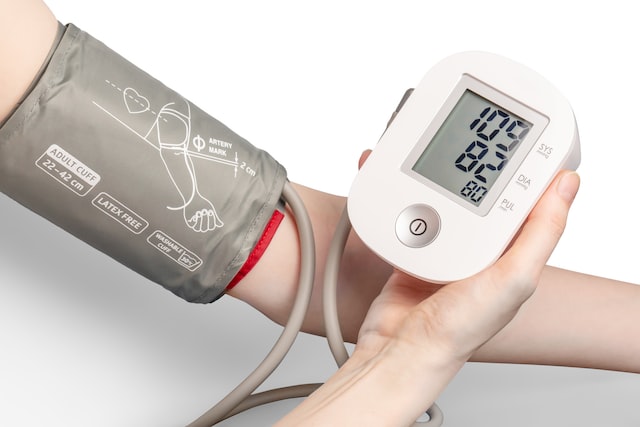You hear about blood pressure as being high or low, but did you know that in fact, there is no normal amount of blood pressure? It’s a matter of having too much stress in life, coupled with medical conditions like obesity, diabetes, genetics, etc. That’s why when talking about lowering blood pressure, we have to talk not only about nutrition but also have to take into account our lifestyles.
However, let us give you a list of some foods that help lower BP.
Best Foods to Lower High Blood Pressure
1. Cucumbers
Cucumber contains silica, which helps reduce blood clotting, regulate cholesterol, and improve vascular health.
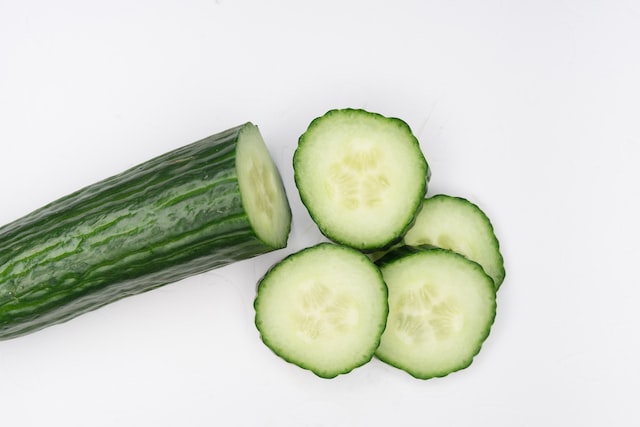
2. Broccoli
Broccoli has been shown to lower the risk of heart disease and cancer. It contains phytonutrients called glucosinolates, which protect against DNA damage and prevent inflammation.
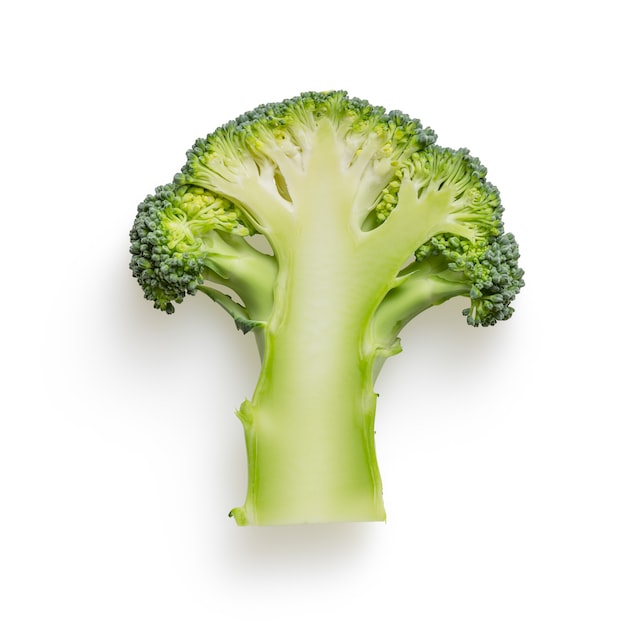
3. Watermelon
Watermelon contains lycopene, a powerful antioxidant that protects skin cells from UV rays, and prevents DNA mutations. These are important for preventing cardiovascular diseases.
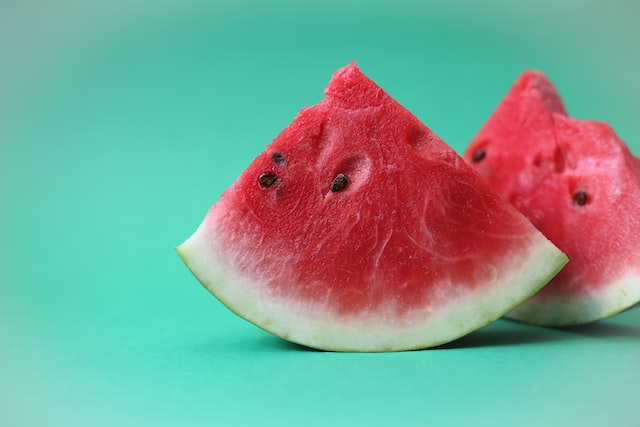
4. Grapefruit
Grapefruit is very effective in lowering LDL (“bad”) cholesterol levels and triglycerides. It helps maintain healthy cholesterol levels by regulating bile acid metabolism.
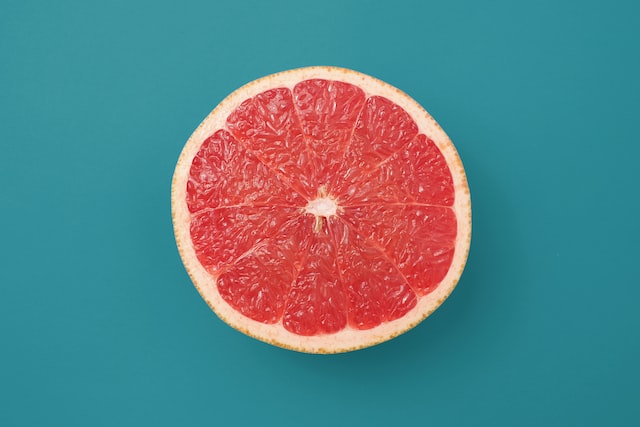
5. Pumpkin Seeds
Pumpkin seeds contain zinc, manganese, magnesium, copper, and iron. They also have a natural anti-inflammatory effect.
6. Beans
Beans are rich in fiber, protein, folate (vitamin B9), potassium, vitamin B6, and many antioxidants. They help lower cholesterol by decreasing total and bad cholesterol levels.
7. Avocados
Avocados are great for their monounsaturated fats and vitamins A & E, which aid in brain function and immune system support. They also provide folic acid, which is essential for red blood cell production.
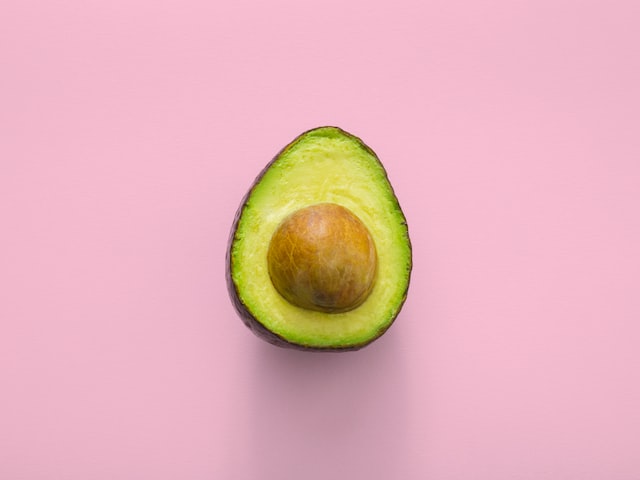
8. Dark Chocolate
Dark chocolate is full of flavonoids that fight free radicals and polyphenols that boost HDL (“good”) cholesterol.
9. Oatmeal
Oatmeal is known to stabilize blood sugar levels; therefore, it is a good choice for diabetics. People who eat oatmeal tend to have better health overall than those who do not.
10. Green Tea
Green tea contains catechins, which have antioxidation effects on body cells. Antioxidants prevent the oxidation of LDL, and therefore raise its protective properties. This reduces the risk of atherosclerosis.
11. Walnuts
Walnuts are good sources of omega-3 fatty acids and alpha-linolenic acid, which improves circulation and lowers the risk of hypertension.
12. Orange Juice
Orange juice has more potassium than milk. Potassium regulates heartbeat, blood pressure, and fluid balance in the body.
13. Salmon
Salmon contains Omega 3 fatty acids, which are essential for strong bones and other organs. Diabetics should include salmon at least twice per week for optimal results.
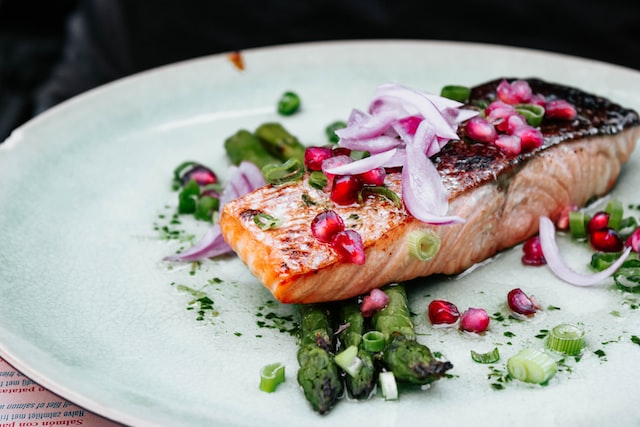
14. Yogurt
Yogurt provides calcium, phosphorus, and magnesium which help build bone density. Lowered cortisol levels enable insulin sensitivity so that diabetics can handle glucose better.
15. Blueberries
Blueberries are loaded with anthocyanins and bioflavonoids, which contribute to cardiovascular protection. Anthocyanins have been found to inhibit platelet aggregation and stickiness, so they may be useful for people prone to clots.
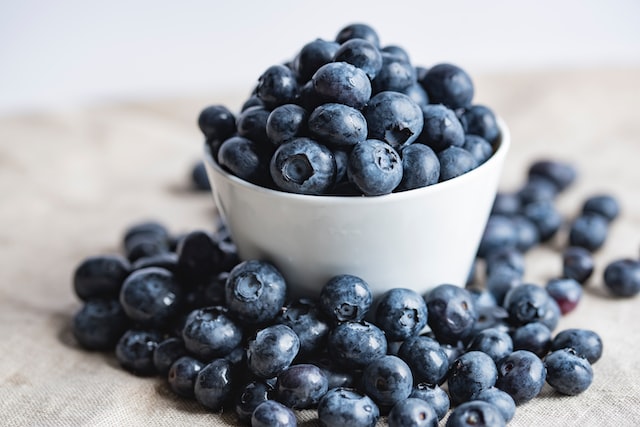
16. Spinach
Spinach contains lutein, an antioxidant that promotes eye health. Lutein also supports cognitive function, so spinach is perfect for seniors.
17. Apples
Apples are a great source of pectin, quercetin, and resveratrol. Pectin supports digestion, while quercetin fights cancer and boosts immunity. Resveratrol is known to reduce inflammation throughout the body, especially within arteries.
18. Onions
Onion bulbs are a fantastic source of sulfur compounds like alliinase, which promote liver detoxification. Sulfur also makes muscles contract, so onions are great for athletes.
19. Nuts
Nuts are high in fat but also high in protein and fiber. They’re great for weight loss because they fill you up but don’t increase your calorie intake. Walnuts in particular contain lots of omega-3 fatty acids, as well as phytosterols. These both reduce cholesterol and triglyceride levels.
Zucchini contains plenty of vitamin C and manganese. Manganese protects joints, and vitamin C strengthens capillaries and aids collagen formation. Both zucchini and cucumbers are low in calories and high in water, making them ideal summer foods
20. Kale
Kale is a nutritional powerhouse. It’s loaded with vitamins C, A, K, and iron. Vitamin C helps protect against heart disease, and vitamin A keeps the eyes healthy by reducing the chance of macular degeneration. Iron builds blood cells, and prevents muscle fatigue during workouts.
